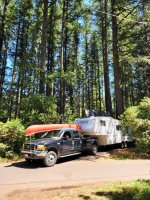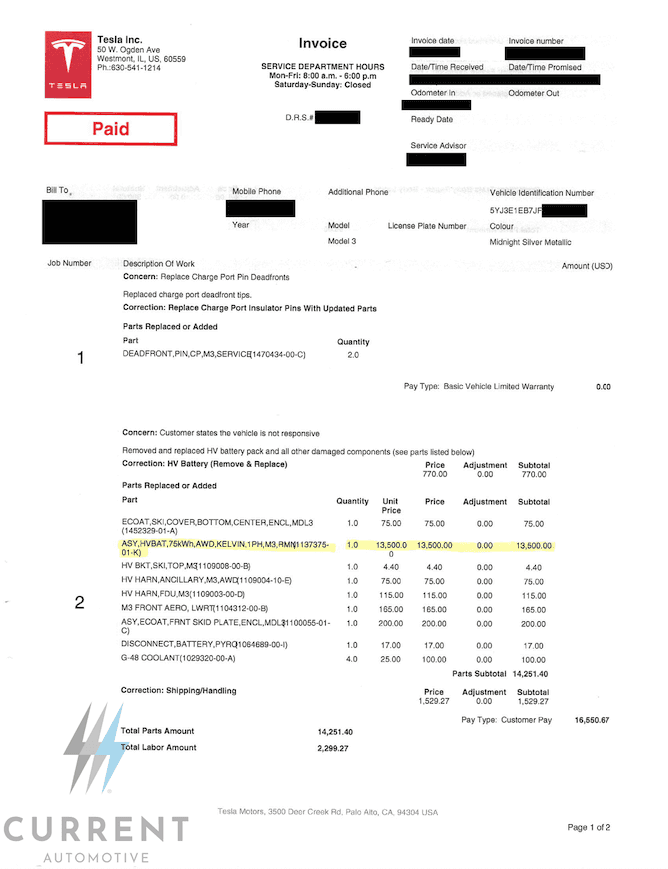When I go on trips it usually involves going over mountain passes and staying in remote areas. Often, I pull a 5th wheel trailer. For these reasons an EV is only a distant thought for replacing my diesel 1999 F350. I will keep my old truck alive for now. She will likely go over 300K this summer. Now if they would build a diesel electric hybrid pickup ...

For my family, a pure EV wouldn't be ideal as a family car as we regularly travel over mountain passes to visit relatives and access our vacation property. Some high end EVs have the potential range, but adding mountain passes and cold weather in the winter would be nerve racking.

For my family, a pure EV wouldn't be ideal as a family car as we regularly travel over mountain passes to visit relatives and access our vacation property. Some high end EVs have the potential range, but adding mountain passes and cold weather in the winter would be nerve racking.


